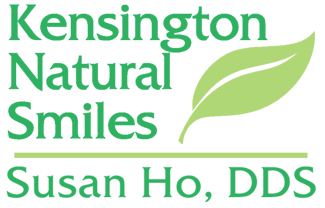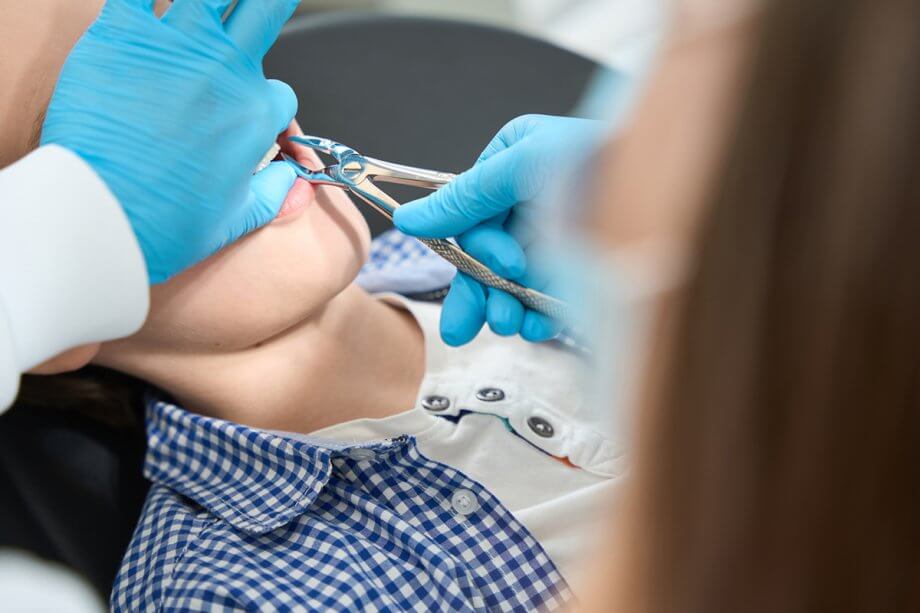Undergoing a surgical tooth extraction can feel overwhelming, but with the right preparation, you can approach your procedure with confidence and peace of mind. Taking the time to understand what’s ahead can help you manage your expectations and set the stage for a smooth recovery. At Kensington Natural Smiles, we are here to ensure you feel supported every step of the way.
Throughout this guide, we’ll provide you with clear, actionable steps to prepare for your surgical tooth extraction—from understanding pre-surgery instructions to anticipating the care you’ll need after the procedure. Our hope is to reassure and empower you as you take this important step toward improved oral health.
Pre-Surgery Preparation
Getting ready for a surgical tooth extraction involves more than just marking it on your calendar. Proper preparation can help reduce anxiety and improve recovery outcomes. Here’s how to set yourself up for success.
Follow Your Dentist’s Instructions
Before your procedure, your dentist or oral surgeon will provide you with specific instructions tailored to your needs. These may include:
- Fasting Guidelines: If sedation or general anesthesia is part of your procedure, you’ll likely be instructed not to eat or drink for a specified time beforehand.
- Medication Adjustments: Share your current medications with your dentist. They may advise you to pause certain medications or take specific ones before the surgery.
- Personal Items to Bring: If you wear removable dental appliances, like dentures or retainers, you may need to leave them at home or bring them for review.
It’s always a good idea to write down any questions or concerns ahead of your pre-surgery consultation to ensure everything is covered.
Plan Your Recovery Space
Preparing your home for recovery can make things much easier after surgery. Stock up on soft foods like yogurt, applesauce, and soups, and create a cozy, quiet space where you can rest comfortably. Keep the following on hand for post-surgery care:
- Ice packs for swelling
- Over-the-counter pain relievers (consult your dentist first)
- Extra pillows to elevate your head while you rest
Having these essentials ready in advance will allow you to focus entirely on your recovery.
What to Expect During the Procedure
Understanding the process of a surgical tooth extraction can help alleviate uncertainties you may have.
Step-by-Step Overview
Surgical tooth extractions are typically performed in a calm, controlled environment. Here’s an outline of what happens during the procedure:
- Preparing the Area: Your surgical team will numb the area with local anesthesia. If sedation is part of your treatment plan, it will be administered to ensure you’re comfortable.
- The Extraction Procedure: Using specialized tools, your dentist will carefully remove the tooth. If needed, they may make a small incision in the gum to access the tooth or remove it in sections for ease.
- Closing the Site: Once the tooth is removed, the dentist will clean the extraction area and may place stitches to encourage healing.
Every step is performed with precision to minimize discomfort and support healing. The procedure itself is usually quick, though it will vary depending on the complexity of the tooth’s condition.
Your Role During Surgery
It’s natural to feel nervous, but remember that your dental team is there to support you. Relax as best as you can, and communicate any sensations or concerns you have during the procedure. Your comfort and safety are our top priorities.
Post-Surgery Care
How you take care of yourself after surgery plays a critical role in your recovery. Here’s what you need to know to promote healing and reduce the risk of complications.
First 24 Hours
- Rest Is Key: Avoid strenuous activities and give your body the time it needs to begin healing.
- Control Bleeding: Your dentist will provide gauze to place over the extraction site. Bite down gently, and replace the gauze as needed.
- Manage Swelling: Applying an ice pack to the outside of your cheek in 15-minute intervals can help reduce swelling.
Long-Term Recovery Tips
- Stick to Soft Foods: Avoid hard, crunchy, or spicy foods until your dentist confirms you’re ready to expand your diet.
- Practice Gentle Oral Hygiene: While brushing and flossing are important, be careful near the extraction site during the first few days.
- Stay Hydrated: Drink plenty of water, but steer clear of straws to prevent dry socket, a condition caused by the premature dislodgment of the blood clot at the extraction site.
By following these guidelines, you’ll be well on your way to recovery. Don’t hesitate to reach out to your dentist with any concerns or if complications arise.
Frequently Asked Questions About Surgical Tooth Extraction
What Is the Difference Between a Surgical Extraction and a Simple Extraction?
A surgical extraction is performed when a tooth is not easily accessible, such as when it’s impacted or broken below the gumline. This involves making an incision in the gum to access the tooth. A simple extraction, on the other hand, is used for visible teeth and doesn’t require surgical intervention. Your dentist will determine the best approach based on your specific situation.
How Long Does It Take to Recover from a Surgical Tooth Extraction?
Recovery times can vary, but most patients feel significantly better within three to five days. Swelling or soreness may persist for up to a week. Complete healing of the extraction site typically occurs after several weeks. By following post-surgery care instructions and attending follow-up appointments, you can help ensure a successful recovery.
At Kensington Natural Smiles, we understand that preparing for a surgical tooth extraction can feel daunting, but we’re here to make the process as smooth as possible. From start to finish, our team is dedicated to providing the highest level of care in a welcoming and supportive environment. If you have any questions, or if there is anything we can do to make your experience more comfortable, please don’t hesitate to contact us. We look forward to supporting you on your path to a healthier smile.

